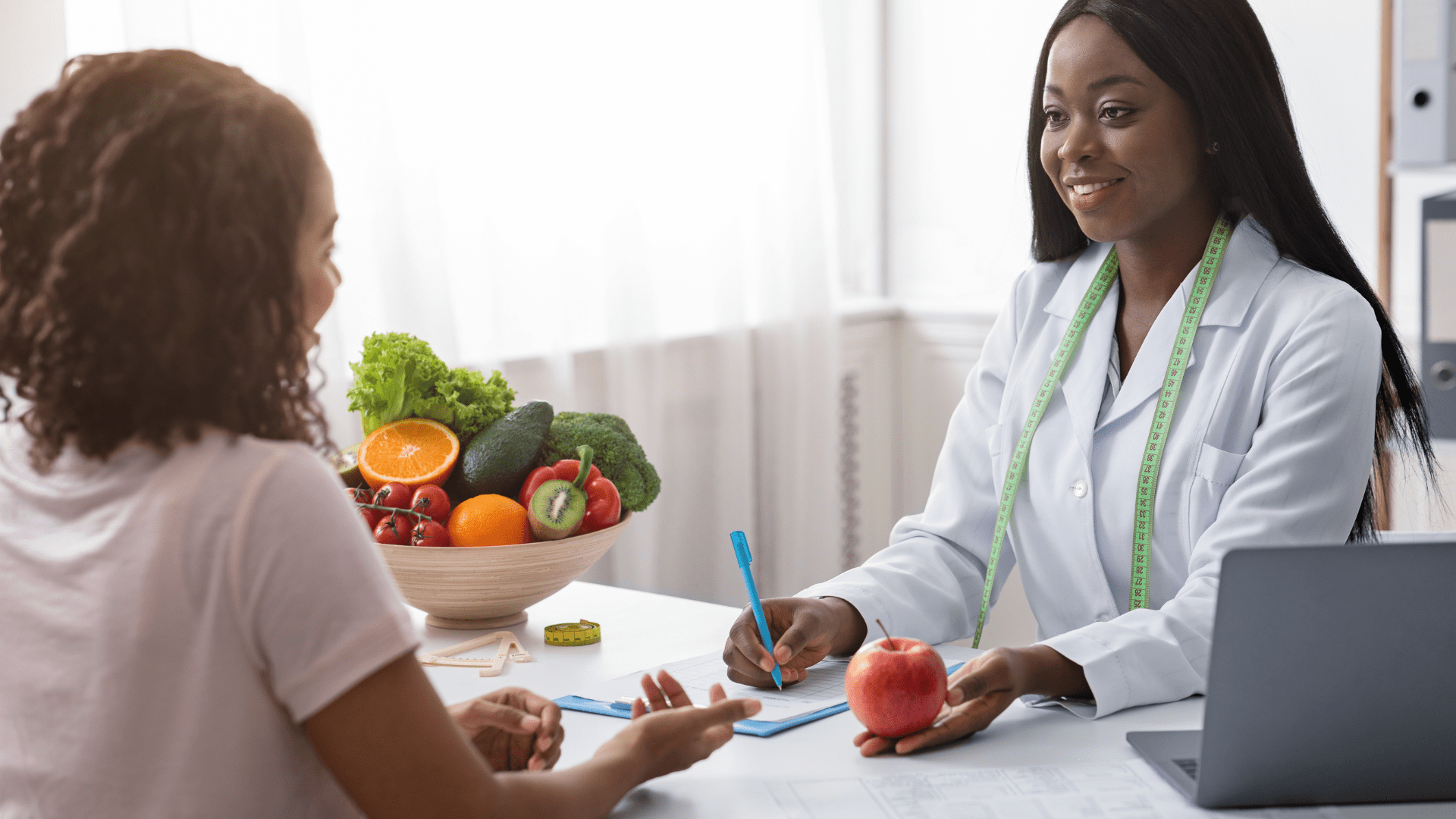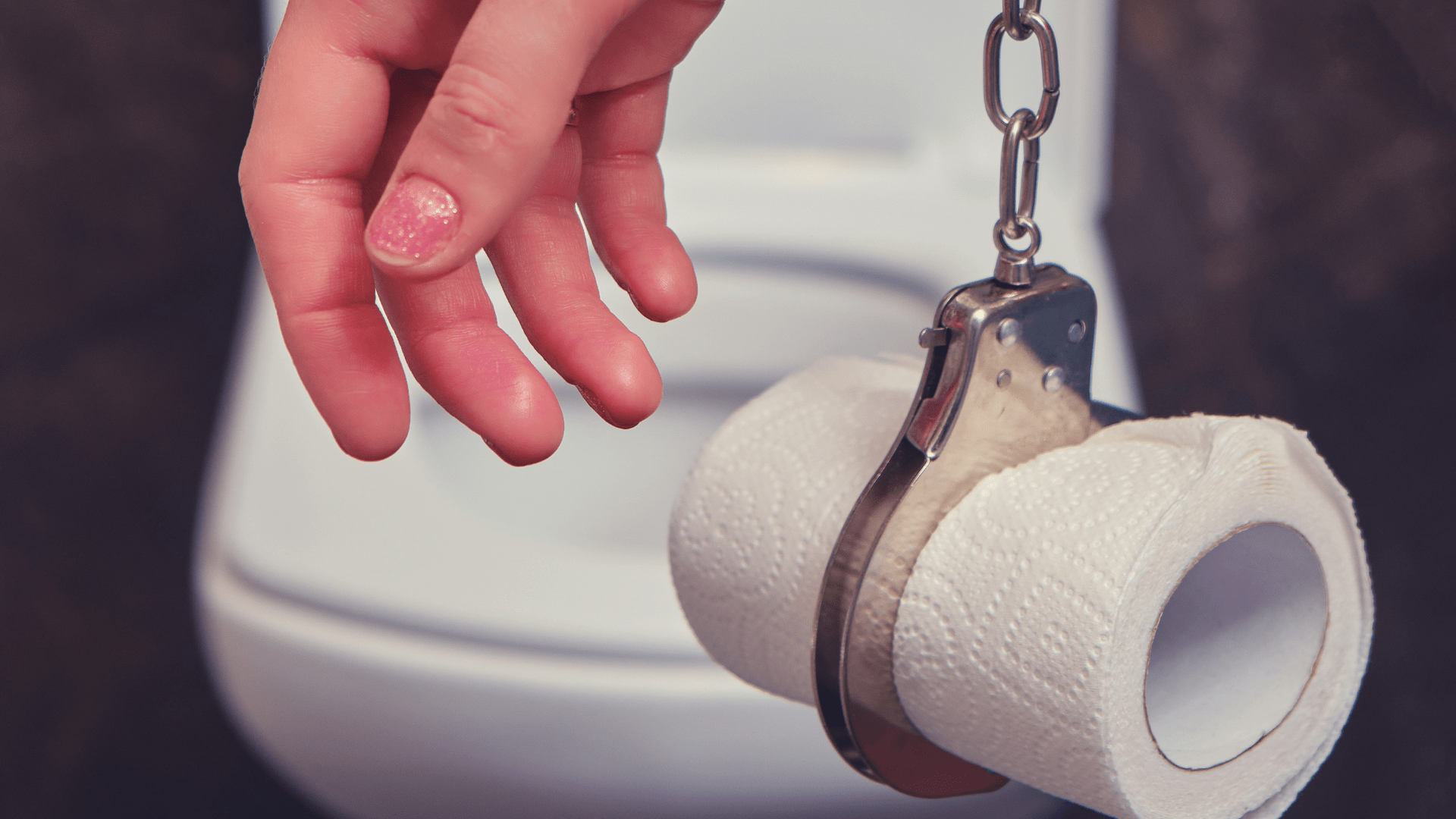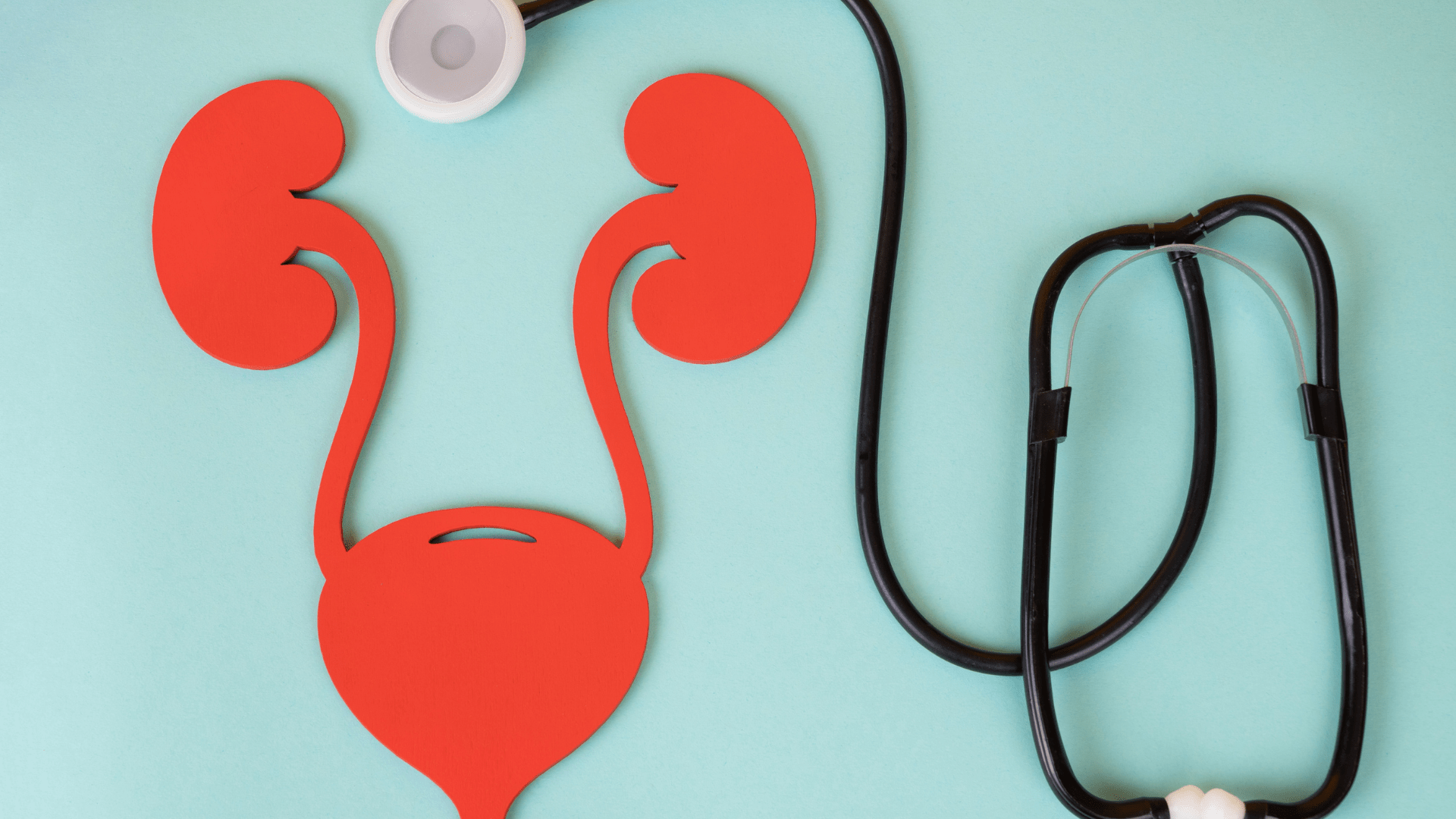If we could create a group chat just to rant about period bathroom drama, it would be at maximum capacity with a million messages. As if dealing with cramps, bleeding, and mood swings were not enough, Mother Nature decided to spread the chaos to your gut, every single month.
For most, it is period diarrhoea, for others it is constipation, and sometimes it can be both (because why suffer once when you can suffer twice?). The digestive drama can feel endless when you’re on your period, and it can have you sitting on your toilet, hands on your abdomen, wondering what exactly you did to offend your uterus this month.
So, why does your cycle affect your digestion and bowel habits? Let’s talk about the science behind the poop drama and what you can do about it.
The Hormone-Gut Connection
Your menstrual cycle is controlled by hormones. Aside from influencing your ovaries and your uterus, they can also send signals to your gut.
Progesterone (aka The Relaxer)
During the luteal phase of your cycle (after ovulation), progesterone levels rise to make your womb very cozy for a baby (in case a fertilised egg shows up). They also have a relaxing effect on the muscles of your intestine, which slows things down and makes food move more sluggishly.
The result? Bloating and constipation in some women, especially in the week before their period.
Oestrogen (aka The Multitasker)
Around ovulation, oestrogen levels peak, which can sometimes make digestion feel a little smoother and faster. But then, right before your period, oestrogen levels drop.
This drop can make you more sensitive to prostaglandins (the real troublemakers we’ll meet in a moment) and also mess with how your body holds onto water and salt. More water and salt cause that annoying bloating and puffiness you might feel during PMS week.
Oestrogen also affects serotonin, the “feel good” chemical that lives mostly in your gut (about 90% of it is actually made there). Serotonin helps regulate how food moves through your intestines and plays a role in appetite. When oestrogen drops, serotonin drops too, almost like a two-for-one deal.
That means that your digestion slows down, which can lead to constipation and sluggish bowels. It also makes your cravings shoot up, because carbs give a quick serotonin boost. Your appetite can also feel unpredictable, making you feel like you can eat your entire fridge on some days and nothing at all on others.
So while oestrogen isn’t exactly the one sending you running to the bathroom, it’s like that friend that doesn’t start the drama but stirs the pot just enough to make things messy.
Prostaglandin (aka The Chaotic agent)
These are the real troublemakers behind the period diarrhoea. They are chemicals released to help your uterus contract and shed its inner lining during your period. The issue is that prostaglandins are chaotic, busy bodies that don’t know how to mind their business. If your body makes a lot of them, they wander to your intestines and make the muscles there also contract.
The result is frequent visits to the toilet, especially during the first day or two of your period.
What You Can Do About It

Now, you know that your cycle can make your gut misbehave, but how can you have the upper hand? Here are some science-backed and realistic tips that can help:
For period diarrhea:
- Stay hydrated because you’re losing water and electrolytes fast due to diarrhoea. Drink at least 2-2.5 liters of water and include Oral Rehydration Salts (ORS) if your stools are frequent.
- Avoid too much caffeine or very spicy/fatty foods. They can irritate your gut and make it even more hyperactive. So avoid that pepper soup spot you frequent every week.
- Eat smaller but more frequent meals that are easy to digest. Larger meals can overstimulate your gut and make digestion a bit harder. This doesn’t mean you should starve yourself. Aim for a balanced diet. You can read more about the ultimate food survival guide for when you’re on your period here.
For constipation:
- Eat more fibre, like fruits (such as watermelon), veggies, oats, and whole grains.
- Again, drink lots of water to keep things moving. Drink at least 2 litres a day.
- Do some gentle exercises or even take a walk. It can help get things moving.
For bloating/gas:
- Reduce salty snacks, because more sodium = water retention.
- Try teas like peppermint or ginger. Peppermint teas can relax your gut muscles, while ginger teas can ease gas and bloating.
- Keep your meals balanced. Eating large, heavy carbs can worsen bloating.
When to See a Doctor
While period-related digestion drama is common, it is not normal if you experience any of the following:
- You have severe diarrhea or constipation that interferes with daily life.
- You see blood in your stool (not to be confused with period blood).
- You have extreme pain beyond the usual cramps.
Sometimes, gut issues that flare up with your period can signal conditions like endometriosis or Irritable Bowel Syndrome (IBS).
Don’t ignore any abnormal symptoms or flare-ups and speak to a doctor so you can get the right treatment.
Final Thoughts
Your period and your gut have more in common than you thought. The hormones, prostaglandins, and salt and water balance all play a role in whether you feel bloated, constipated, or have period diarrhoea.
Once you understand the pattern, you can prepare for it and manage the symptoms without too much stress.
References
Period Poops: Why Do They Happen?
Gastrointestinal symptoms before and during menses in healthy women – PMC





